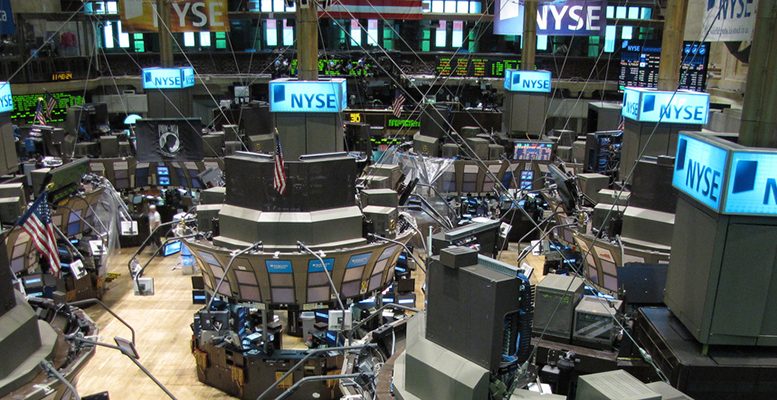In the wake of the US elections, there has been a record inflow of funds into the US stock market and a heavy outflow from bonds and emerging markets. Also a lot of interest in inflation-linked bonds.
Over $30 billion went into the US equity market in the week of November 16th, according to data published by EPFR Global. This figure is a new weekly record. The financial, pharmaceutical and industrial sectors saw the biggest inflow of funds. According to Bankinter’s analysts:
This data shows that investors are betting that Donald Trump’s announced policy for stimulating the economy via tax cuts and increased infrastructure spending will work and fuel inflation.
The president-elect has also announced measures to reduce the level of regulation in business, as well as renegotiate trade some trade agreements.
This record inflow of funds in the US stock market contrasts with the sharp outflow of funds from bonds and emerging markets. Investors have withdrawn $18.1 billion globally, which is the second biggest weekly withdrawal since EPFR started its registers. Funds dedicated to emerging stock markets saw a withdrawal of $5.4 billion.
Bankinter also points out the strong demand for the so-called “Tips” (Inflation-protected Treasury securities), or inflation-linked bonds, since Trump’s victory. The $11 billion auction of 10-year US bonds last Thursday attracted a lot of interest. The ETFs and funds dedicated to this type of asset also registered significant cash inflows in this period. EPFR Global is a company based in Massachusetts (US) which tracks the movement of investment funds. Experts conclude:
The data published by EPFR Global are a clear reflection of the asset allocation policy Bankinter has been recommending in its strategy reports over the last few weeks: sell bonds and invest in equities, particularly in the financial and industrial sectors which are more linked to the economic cycle.
*Image: Flickr / Kevin Hutchinson





